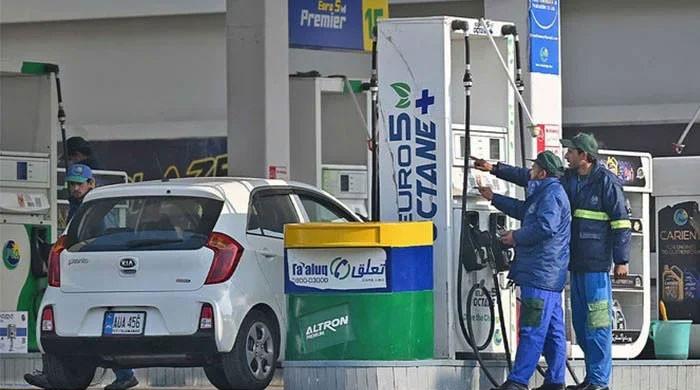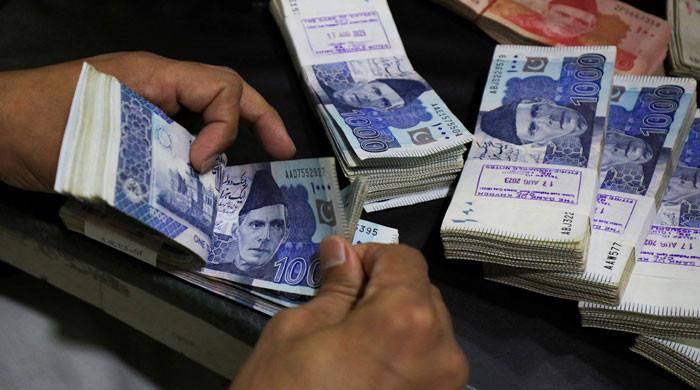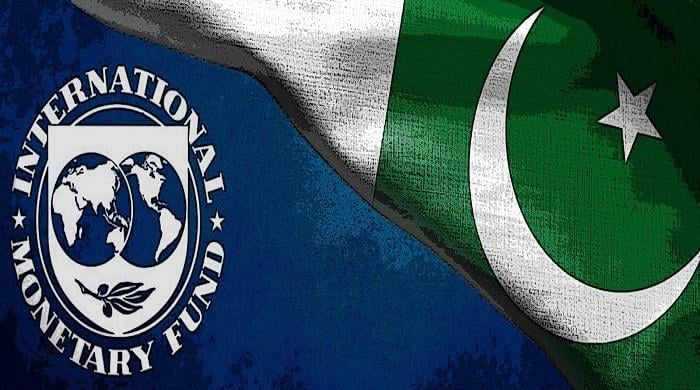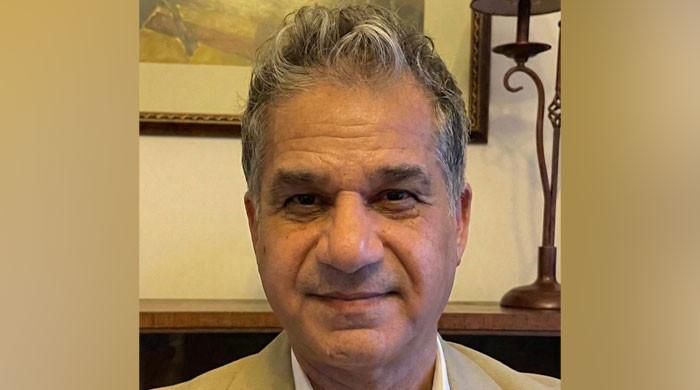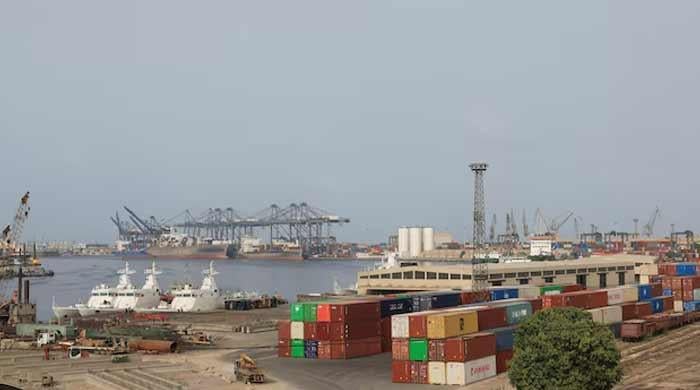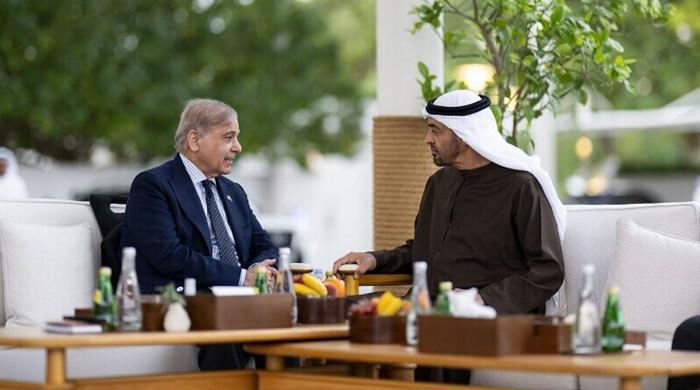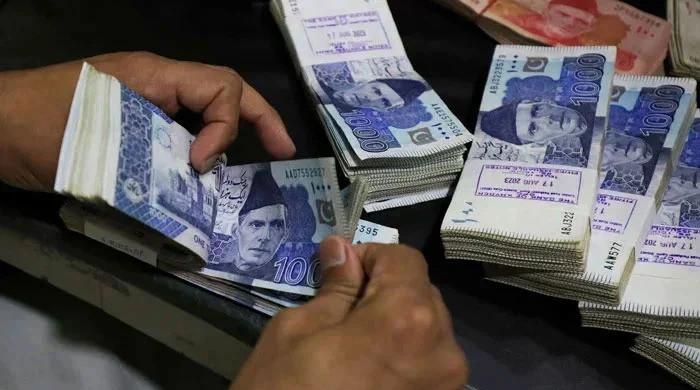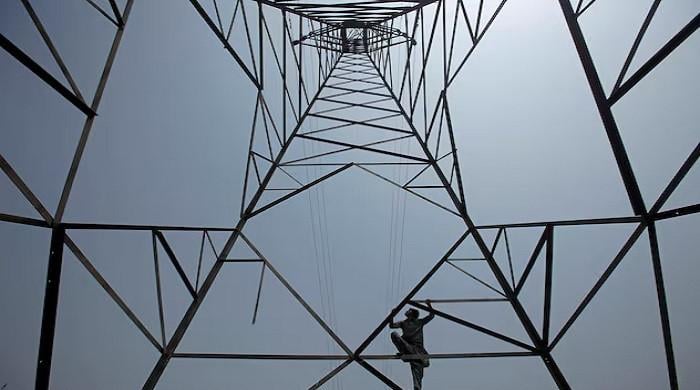Pakistan to 'soon' strike deal with IMF: PM Shehbaz
Lender's loan tranche crucial for Pakistan as it faces uphill task on economic front
February 22, 2023
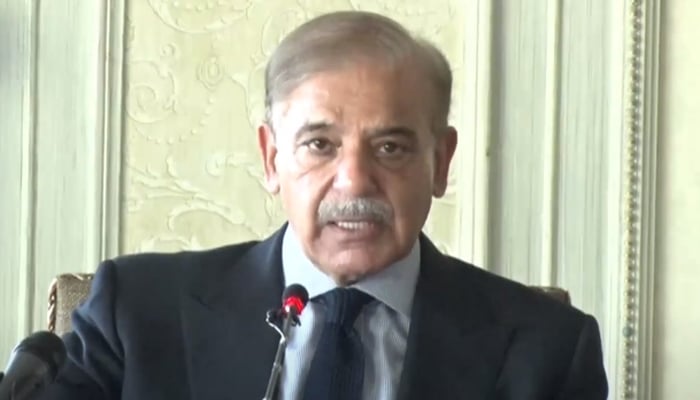
Prime Minister Shehbaz Sharif said Wednesday that Pakistan would soon strike a deal with the International Monetary Fund (IMF) to revive the stalled $1.1 billion loan tranche crucial for averting a possible default.
"IMF programme will soon be revived, InshaAllah, as there are one or two items that are left to be implemented," the prime minister said during his address to the federal cabinet in Islamabad.
Pakistan is desperate to unlock the next tranche worth $1.1 billion loan facility with the IMF but is struggling to meet tough conditions set by the global financier.
The IMF is demanding that Pakistan boosts its pitifully low tax base, end exemptions for the export sector, and raise artificially low energy prices that are meant to help poor families.
The nation is in dire need of funds as it battles a wrenching economic crisis as the State Bank of Pakistan (SBP)-held foreign exchange reserves barely cover one month of imports.
"I had a constructive discussion with parliamentarians about the economy's progress. The nation is going through a tough time. We will have to learn from our past mistakes and move forward," he said.
Parliament approved on Monday a supplementary finance bill that increases sales tax from 17% to 25% on imports ranging from cars and household appliances to chocolates and cosmetics.
People will also have to pay more for business-class air travel, wedding halls, mobile phones, and sunglasses.
A general sales tax was raised from 17% to 18% — increasing the burden on the already inflation-stricken people.
"The coalition government stands united in these testing times and this isn't an easy job. The coalition government is trying to set Pakistan on the right track," the prime minister said.
Austerity
The prime minister said that austerity measures were a priority for the coalition government, and the ongoing situation also demands the nation as a whole cut down their expenses and move towards a simple lifestyle.
But he also noted that ministers, advisors, and bureaucrats would have to take the lead in adopting austerity measures — in a bid to promote the values.
"The Pakistani government is utilising all resources to deal with the economic challenges," he said, informing the cabinet that he would prefer travelling in economy class instead of business during his trips abroad.
Later, sources informed Geo News that the federal cabinet has approved several austerity measures to ensure that the country's leadership takes lead in the drive.
The sources said that federal ministers would return their official vehicles, reduce their petrol allowance, and also stop taking their monthly salaries — but the period of the moves remaining in place is not yet known.
They said that ministers would not get work done in government offices through money from the treasury. The federal cabinet has also decided that minimum electricity would be utilised in government offices and unnecessary foreign trips would be prohibited.




